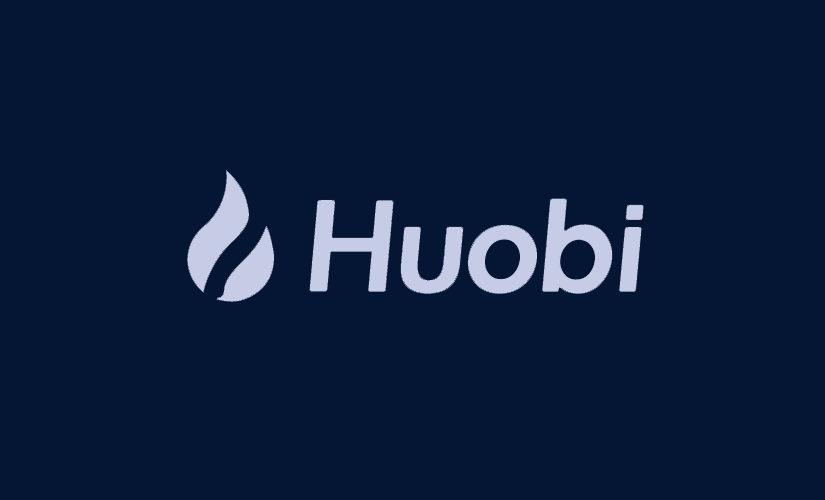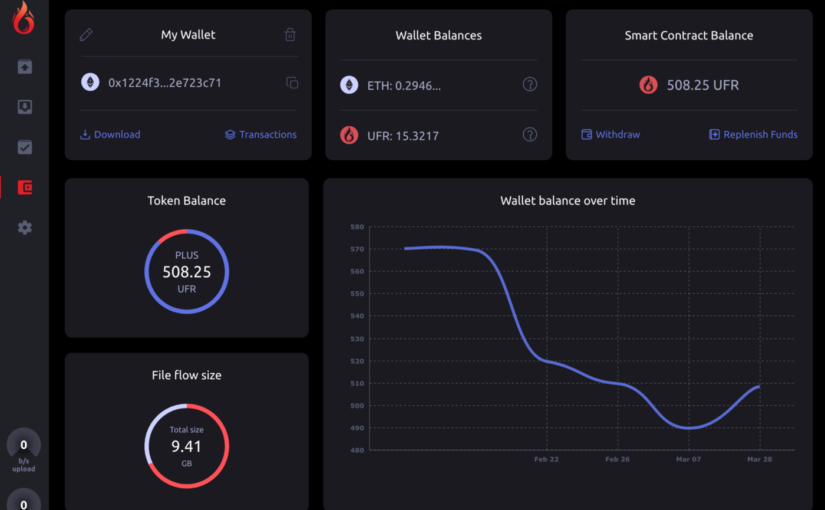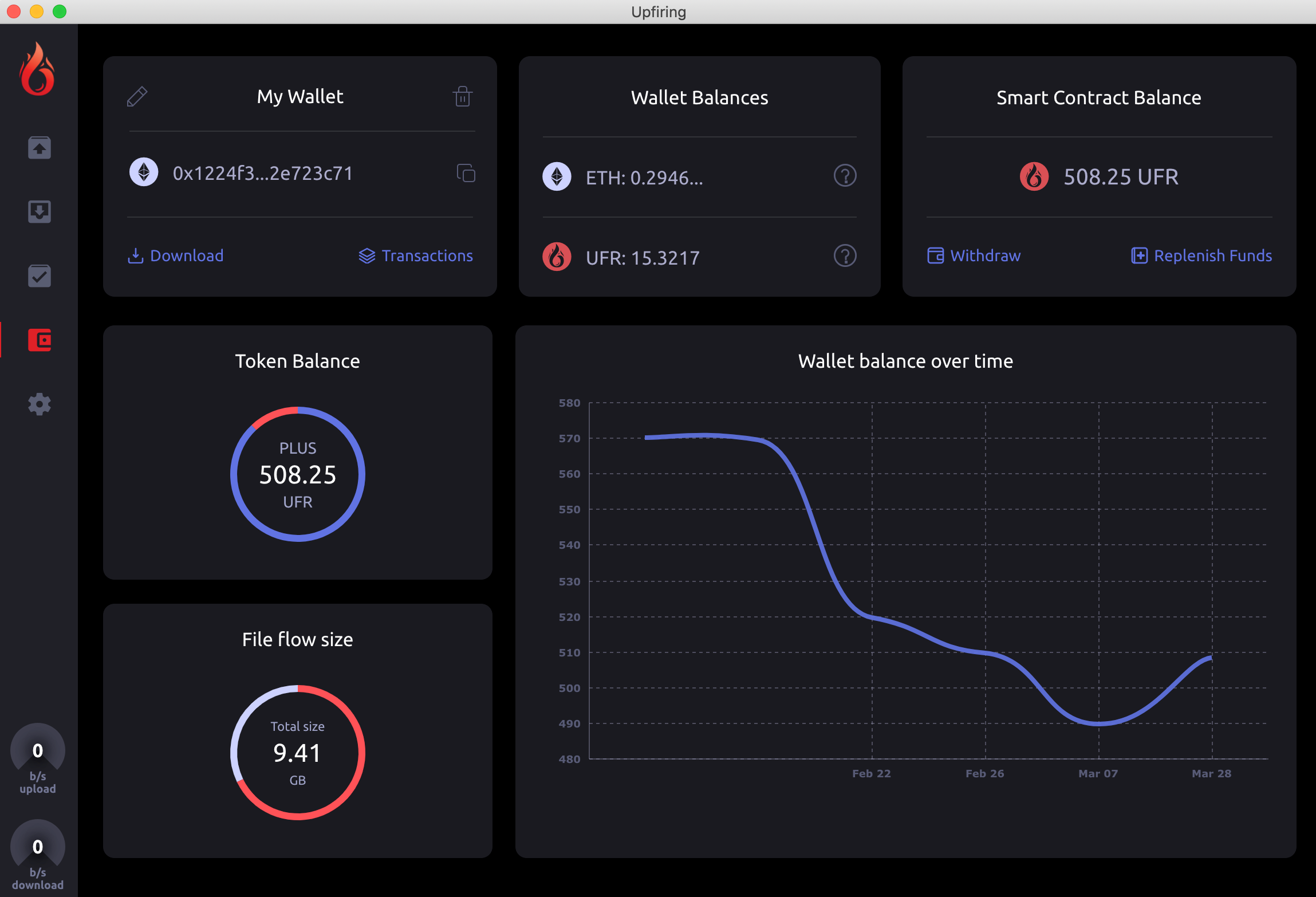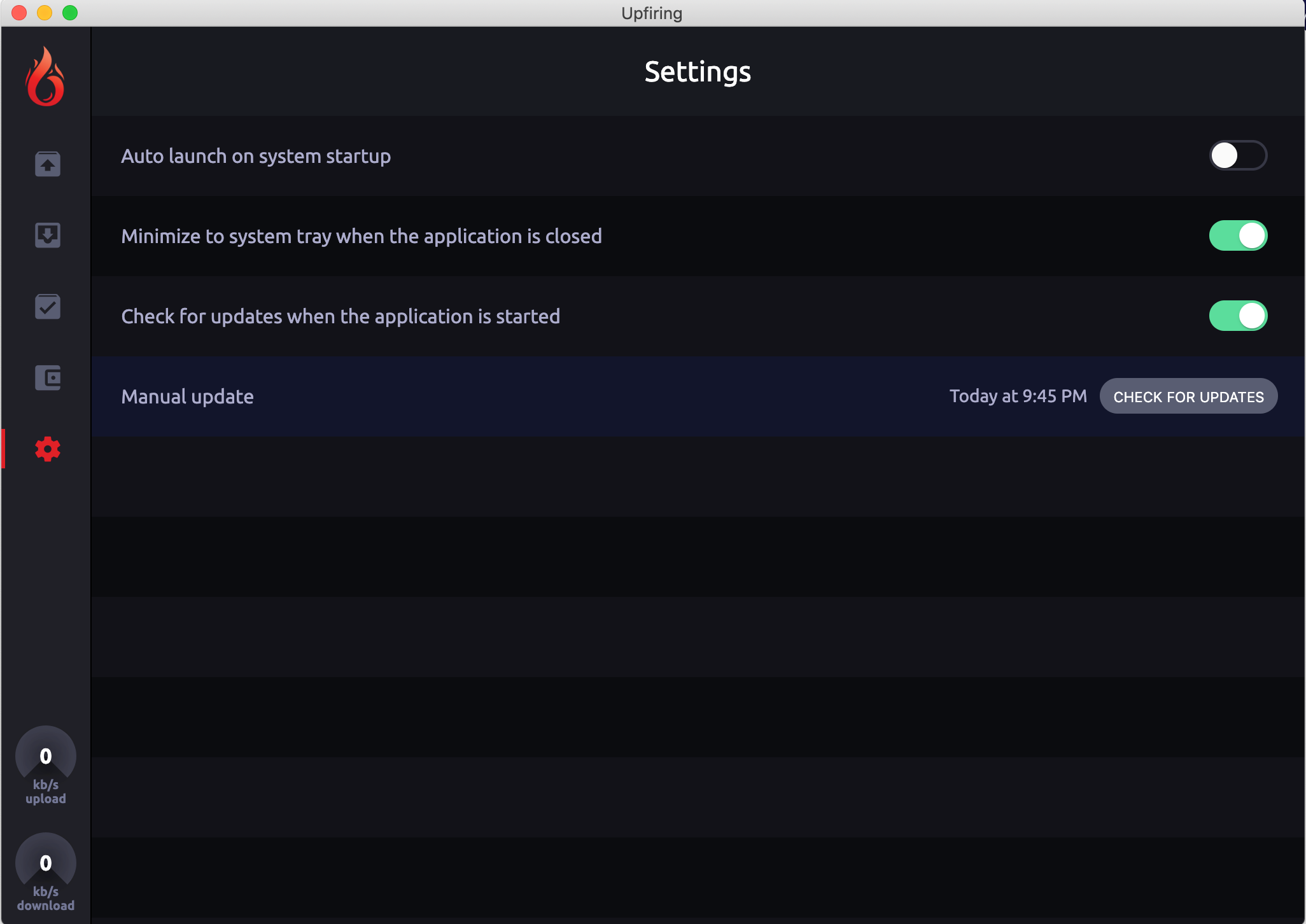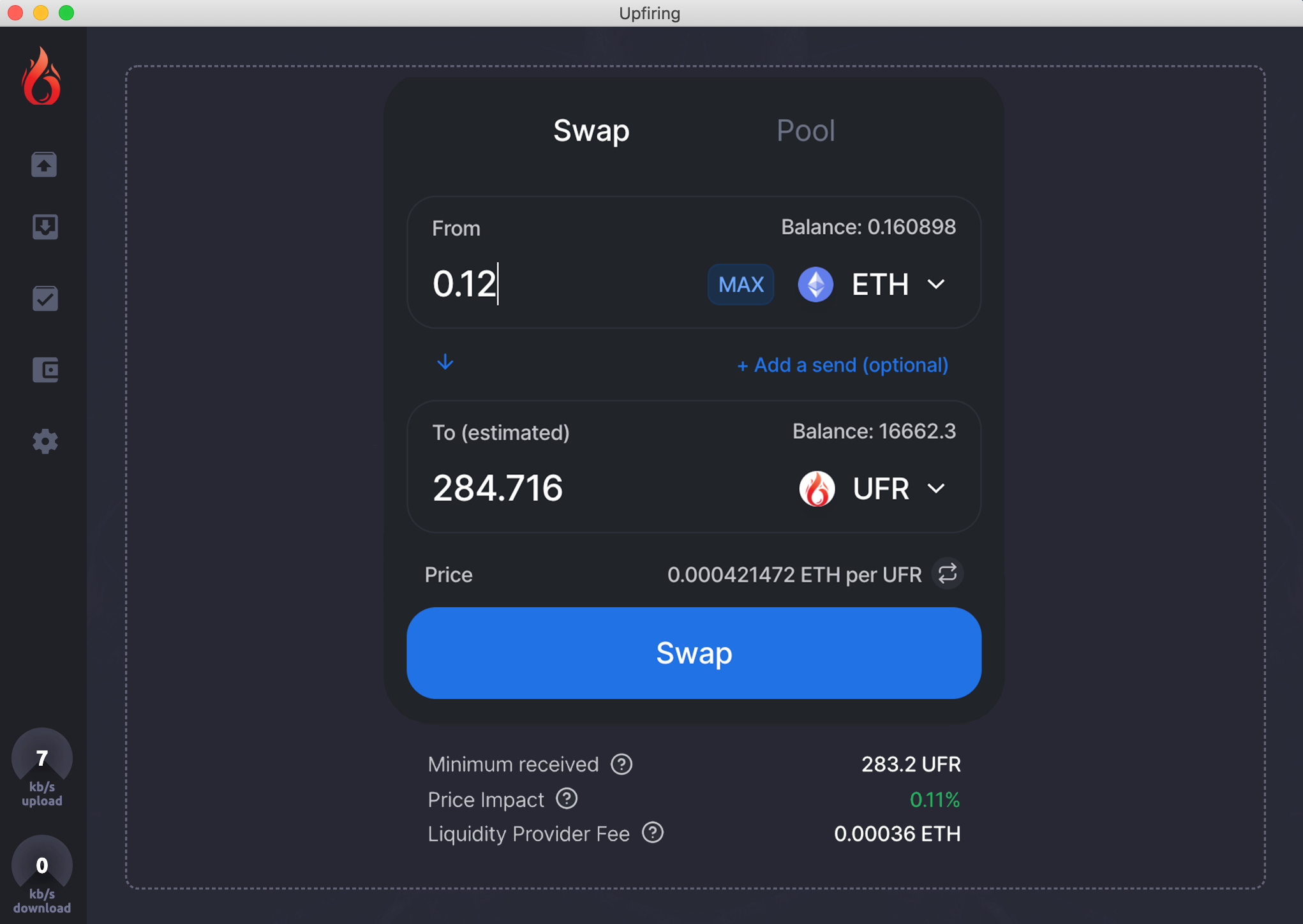Huobi Futures has announced its latest offering that looks to take advantage of the ever-growing and popularizing stablecoin market with USDT-Margined Swaps on Oct. 26. Ten popular currencies including BTC, ETH, BCH, BSV, LINK, DOT, UNI, FIL, YFI, and BNB are listed in its first batch. Based on Huobi’s announcement, currently only Web and API are available; trading on APP will be supported around one week later.
The total market capitalization of stablecoins has grown from $2.6 billion at the start of 2019 to $20 billion by late September of 2020. Tether (USDT), at $16 billion, leads the way. The data indicates a clear desire and hunger to use stablecoins for the transfer of value across the cryptocurrency space, and offering a stablecoin-margined swap at this time can provide new benefits to traders. In Huobi USDT-margined swaps trading, users can trade various perpetual swaps with only USDT.
Huobi USDT-margined swaps are quoted in USDT and use USDT to calculate profit and loss. USDT-margined swaps have a linear payoff and have no delivery date; therefore users could hold positions no matter how long they want as long as no liquidation occurs. USDT-margined swaps are settled every 8 hours and are executed at 00:00, 8:00 and 16:00(GMT+8). In addition to gaining profits in a rising or falling market by opening a long or a short position, users could also use it for hedging. The following part analyzes the main features and advantages of Huobi USDT-margined swaps.
Low-par value and up to 125x leverage
Compared with coin-margined swaps, the contract face value of USDT-margined swaps is relatively low. For example, the face value of each BTC/USDT swaps contract is 0.001 BTC, the converted value of which is around 12 USDT; while for coin-margined swaps, the face value of each BTC/USD swaps contract is 100 USD. Besides, the platform provides 1x to125x leverage to lower the threshold for traders, users could adjust the leverage based on their actual needs.
Preferential fee rate
The fee rate structure on Huobi Futures is transparent. The platform only charges transaction fees for opening and closing positions. During the promotion period, the lowest transaction fee rate for Maker is -0.025% and for Taker is 0.026%. Huobi will continue to execute its VIP sharing program for USDT-margined swaps.
A good news is that, for users who are a VIP client or a market maker of both Huobi futures and coin-margined swaps, the platform will take the higher one as their VIP level of Huobi USDT-margined swaps during the promotionn period. Assume a user’s level on Huobi futures is VIP 3 while on Huobi coin-margined swaps is VIP5, the system will take VIP 5 as his level on Huobi USDT-margined swaps.
Diversified functions
In terms of trading functions, Huobi USDT-margined Swaps supports multiple order types including Limit Order, Trigger Order, IOC and FOK. There are also many functions like Flash Close, Follow a Maker & Taker available.
It’s worth mentioning that Huobi is a pioneer in the industry that uses a locked margin optimization function. With this function, users who hold both long and short positions for the same asset could enjoy a position margin reduction and therefore lower liquidation risks than that in other derivatives platforms.
Moreover, Huobi USDT-margined Swaps offers “Take profit & Stop loss” functions. Users could set in advance not only based on price, but also on profit rate.
Excellent Liquidity and Zero Clawback Record
The USDT-margined Swaps is designed by the original team of Huobi Futures whose core members were all from top investment banks. Huobi Futures has rich experience in derivative product modeling and system construction, at which users could enjoy the best liquidity and the highest trading volume.
The platform has various methods to protect users’ assets, such as cold and hot wallets separation, multi-signatures, anti-DDOS protection systems, and 20,000 BTC security funds preparation, which makes the company holding a record of zero clawbacks since the launch in December of 2018.
User-friendly liquidation mechanism
Huobi Futures is the first digital asset derivatives exchange in the industry that supports a three-phase liquidation protection mechanism; no transaction fees will be charged in partial liquidation. The platform uses Exponential Moving Average (EMA) as a second reference for forced liquidation and the clawback mechanism will not be triggered as long as the insurance fund is positive.
USDT-margined swaps are the latest product offered by Huobi, following on from the extremely successful launch of Coin-margined Swaps in March this year, and Options a few months later. Huobi’s Futures team has ingrained itself as one of the leaders in the space as the team leans on previous experience at investment banks.
“We are well aware of the growth in the stablecoin market and the amount of money that has been added to the ecosystem and want people to be able to make use of that. In countering the risk of USDT price fluctuations, we also offer USDT/USD swaps with leverage up to 1000x. In this one-stop digital asset derivatives platform, we provide USDT-margined swaps, coin-margined swaps, coin-margined futures and USDT-quoted options to satisfy the diverse needs of individual and institutional traders.” said Ciara Sun, Head of Global Business and Markets and Vice President Huobi.
Source (pressat)






